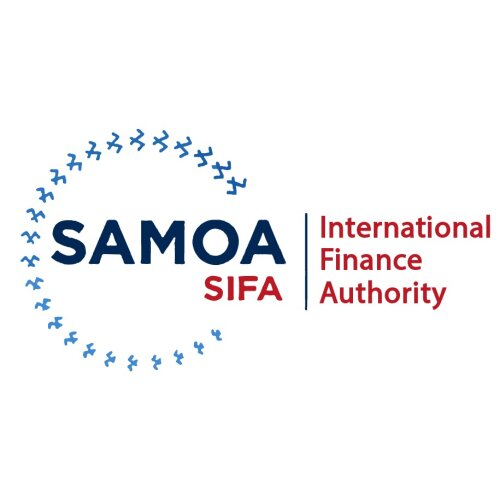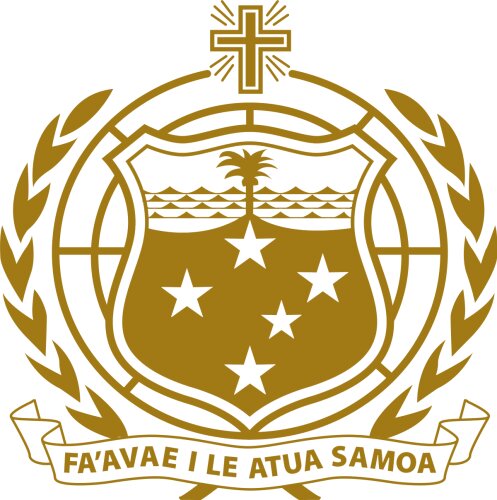Best Sanctions & Export Controls Lawyers in Apia
Share your needs with us, get contacted by law firms.
Free. Takes 2 min.
List of the best lawyers in Apia, Samoa
About Sanctions & Export Controls Law in Apia, Samoa
Sanctions and export controls are legal measures that regulate the movement of goods, technology, and services across Samoa’s borders. In Apia, the capital city, these laws play a vital role in promoting national security and ensuring compliance with international agreements. Sanctions typically restrict trade with certain countries, entities, or individuals, often in response to global events or United Nations directives. Export controls, on the other hand, manage the flow of specific products or technologies out of Samoa, especially items that could have military, strategic, or dual-use applications.
Why You May Need a Lawyer
Legal guidance can be crucial in the field of sanctions and export controls. You might require a lawyer if you are:
- Starting an import or export business and need to comply with local and international regulations.
- Facing investigations or allegations of violating sanctions or export control laws.
- Handling goods or technology that could be subject to international controls, such as arms, dual-use products, or sensitive data.
- Needing licenses or special permissions for exporting certain goods or services.
- Dealing with frozen assets or business partners on a sanctions list.
- Unsure about the legal translation of United Nations or other international sanctions in Samoa.
- Looking to minimize legal and financial risks in cross-border trade.
Local Laws Overview
Samoa’s legal framework for sanctions and export controls incorporates several key elements:
- International Commitments: Samoa often implements sanctions as part of its obligations under United Nations Security Council Resolutions. These can prohibit trade with certain countries or individuals, restrict financial assets, or ban the export of specific goods and technologies.
- Customs Act and Regulations: The Customs Act governs the import and export of goods. Specific items, such as arms, ammunition, hazardous chemicals, and strategic dual-use technologies, require permits or are prohibited entirely.
- Enforcement: The Ministry for Revenue, through its Customs Division, and the Central Bank of Samoa both play roles in monitoring compliance, enforcing sanctions, and supervising export controls. Violations can lead to penalties, seizure of goods, or criminal prosecution.
- Application of Foreign Sanctions: In many cases, Samoa integrates international sanctions in domestic law, meaning that changes in the global legal landscape may affect local businesses and individuals.
Frequently Asked Questions
What are sanctions in the context of Samoa?
Sanctions are legal restrictions or bans applied to individuals, organizations, or countries. In Samoa, these often follow United Nations directives and can involve trade, finance, and asset freezes.
Who enforces export controls in Apia?
The Customs Division of the Ministry for Revenue and the Central Bank of Samoa are the primary authorities responsible for monitoring and enforcing export controls in Apia.
Do I need a permit to export controlled items from Samoa?
Yes, exporters must obtain the relevant permits to ship items classified under controlled goods, such as weapons, hazardous chemicals, or sensitive technology.
How can I check if I am dealing with a sanctioned individual or company?
You can consult official sanctions lists maintained by the government or check with the Ministry for Revenue or Central Bank of Samoa for updated information.
What are the penalties for violating sanctions or export controls in Samoa?
Penalties may include seizure of assets, substantial fines, or even criminal prosecution, depending on the severity and nature of the violation.
Am I affected by sanctions if I am only doing business locally?
If your business does not engage in international trade or financial transactions with foreign entities, you are less likely to be directly affected. However, it is essential to verify your customers and business partners to avoid inadvertent violations.
Are all exports from Apia subject to controls?
No, only specific goods, such as arms, dual-use items, high-value technology, and items designated under international agreements, require special controls and permits for export.
Can an individual challenge a customs seizure of goods?
Yes, individuals or businesses can appeal against a customs decision, ideally with the assistance of a lawyer familiar with sanctions and export control laws.
Does Samoa recognize all international sanctions?
Samoa implements sanctions that it is internationally obligated to recognize, particularly those adopted by the United Nations Security Council.
How often do sanctions and export control laws change in Samoa?
Laws may change when there are updates in United Nations resolutions or revisions in domestic legislation. It is important to stay informed through official governmental notices.
Additional Resources
If you need more information or official guidance, the following agencies and organizations can help:
- Ministry for Revenue (Customs Division) - For information on import and export regulations and permits.
- Central Bank of Samoa - For issues on financial transactions and sanctions listings.
- Samoa Law Reform Commission - For updates on any proposed or current legal changes regarding international trade.
- Ministry of Foreign Affairs and Trade - For clarification on Samoa’s international commitments and sanctions obligations.
- United Nations Security Council Sanctions Committee - For background on applicable international sanctions affecting Samoa.
Next Steps
If you believe you require legal assistance in matters relating to sanctions and export controls in Apia, Samoa, begin by gathering all relevant documentation about your business, the goods or technology involved, and any communications with government agencies. Contact a qualified lawyer with experience in international trade law or sanctions compliance. You can also reach out to the Ministry for Revenue or the Central Bank of Samoa for initial guidance. Staying proactive and informed will help you navigate these complex legal requirements and avoid potential penalties.
Lawzana helps you find the best lawyers and law firms in Apia through a curated and pre-screened list of qualified legal professionals. Our platform offers rankings and detailed profiles of attorneys and law firms, allowing you to compare based on practice areas, including Sanctions & Export Controls, experience, and client feedback.
Each profile includes a description of the firm's areas of practice, client reviews, team members and partners, year of establishment, spoken languages, office locations, contact information, social media presence, and any published articles or resources. Most firms on our platform speak English and are experienced in both local and international legal matters.
Get a quote from top-rated law firms in Apia, Samoa — quickly, securely, and without unnecessary hassle.
Disclaimer:
The information provided on this page is for general informational purposes only and does not constitute legal advice. While we strive to ensure the accuracy and relevance of the content, legal information may change over time, and interpretations of the law can vary. You should always consult with a qualified legal professional for advice specific to your situation.
We disclaim all liability for actions taken or not taken based on the content of this page. If you believe any information is incorrect or outdated, please contact us, and we will review and update it where appropriate.












